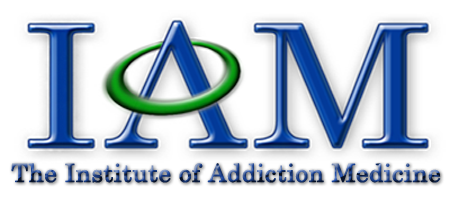Heroin and Opioid Withdrawals
Heroin belongs to a group of drugs called opioids whose mode of action is by suppressing some of the functions of the central nervous system, such as heart rate, blood pressure, temperature regulation, and respiration. When abused, a temporary rush of pleasure occurs, leading to addiction.
Heroin withdrawal refers to a set of symptoms that occur after reducing the use of heroin after a chronic use of the drug. The symptoms can be mild, moderate, or severe, depending on the duration of the use of heroin. Withdrawal symptoms start within six to twelve hours of the last dose. However, the symptoms get worse by days two and three.
These symptoms will typically last between five and ten days.

Mild Heroin Withdrawal Symptoms
Mild symptoms are experienced by people who have only abused heroin in small doses and for a few months. They include:
- Abdominal cramps
- Muscle and bone aches
- Sweats and chills
- Runny nose and tearing
- Nausea
- Constant yawning
Moderate Heroin Withdrawal Symptoms
- Vomiting and diarrhea
- Restlessness and agitation
- Hand tremors
- Having trouble concentrating
- Goosebumps
- Fatigue
Severe Heroin Withdrawal Symptoms
People who have co-occurring drug disorders, mental illnesses, or have a history of prior opioid withdrawal experience very severe withdrawal symptoms, which include:
- Anxiety and depression
- Insomnia and other sleep-related problems
- Muscle spasms
- Rapid heart rate and hypertension
- Difficulty breathing
- Drug cravings
Some withdrawal symptoms like vomiting and diarrhea can be persistent. When they are, they trigger other medical complications including:
- Dehydration
- Elevated blood sodium level
- Heart failure
These subsequent complications may be life-threatening. This can be avoided by taking an opioid agonist medication such as Methadone or Buprenorphine.
Medication-Assisted Treatment for Heroin Addiction
Medication-assisted treatment (MAT) uses medications and therapy to reverse the effects and treat withdrawal and addiction to heroin.
Common medications include Methadone and Buprenorphine, which blocks withdrawal; Vivitrol, which treats cravings, Suboxone, which blocks withdrawal and treats cravings; Lofexidine, which reduces opioid withdrawal symptoms, Clonidine which is used to treat withdrawal symptoms in long-term care and Naltrexone.
Medication-assisted treatment can be used both during inpatient admissions and at home from an outpatient facility. This helps reduce the risk of relapse. It is also approved for use among pregnant women as using heroin in pregnancy predisposes the child to get neonatal abstinence syndrome (NAS), where the child is born already addicted to heroin. Detox will help the baby have milder symptoms and recover after birth.
If you notice any of the symptoms above, please seek medical attention to help you cope and finally get off the drugs.
You are more than your addiction.
Allow our evidence-based addiction recovery program
to fully support you so you can live fully.
